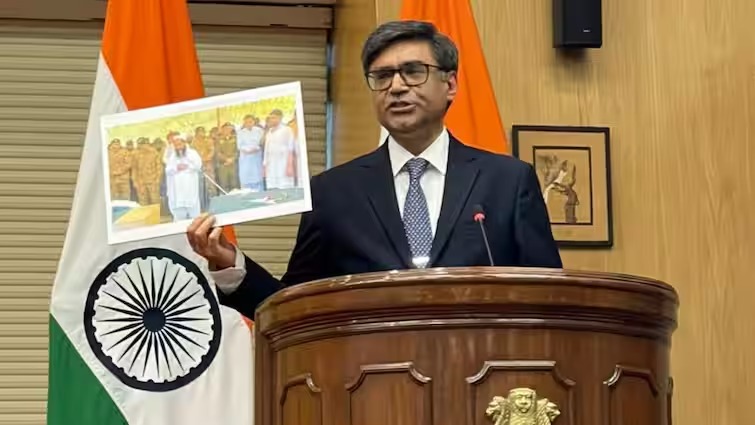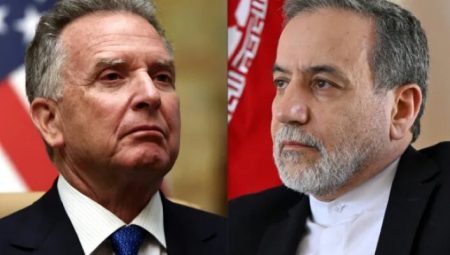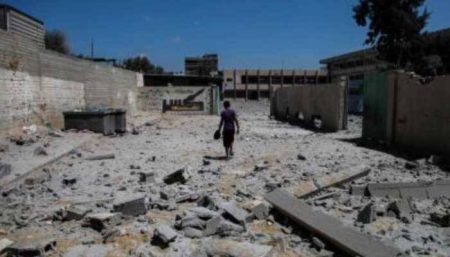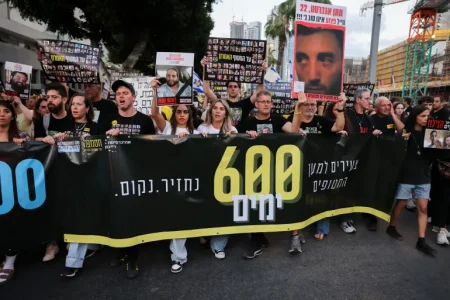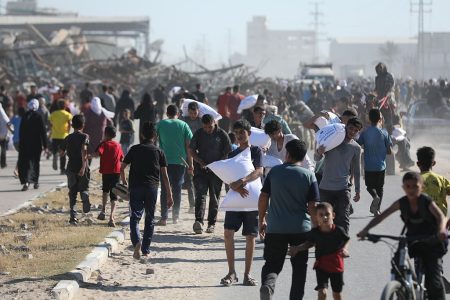Foreign Secretary Vikram Misri will speak to the Indian Parliament’s Standing Committee on External Affairs on Monday, May 19. The topic is the current tensions between India and Pakistan. The meeting will take place in New Delhi and will focus on recent military actions and diplomatic concerns.
Why the Meeting Matters
The committee is led by Congress Member of Parliament Shashi Tharoor. He confirmed the briefing in a statement to PTI. Misri is expected to explain the events that led to India striking terror camps across the border in Pakistan. He will also talk about the military response from both countries and the later agreement to reduce tension.
This update comes at a time when the situation between the two nuclear-armed neighbors has caused global attention. India’s strikes were in response to recent terror attacks blamed on groups operating from Pakistani soil. The conflict has led to a rise in troop activity, airspace alerts, and growing concern in nearby regions.
Misri’s Role in India’s Foreign Policy
Vikram Misri has been active in updating Parliament on India’s foreign relations. In the past, he has shared updates on ties with Bangladesh, China, and Canada. His insights are key for lawmakers to understand India’s position on global and regional matters.
The May 19 briefing is expected to focus not only on military actions but also on the larger diplomatic picture. Misri will likely explain how India plans to manage long-term peace and security with its western neighbor.
Tharoor Pushes Back Against Trump’s Claims
Alongside the planned briefing, Shashi Tharoor also spoke out against comments made by former U.S. President Donald Trump. Trump had claimed that his administration helped arrange a ceasefire between India and Pakistan. Tharoor strongly disagreed, calling the remarks “disappointing.”
He listed four main reasons for his objection:
-
False Equivalence
Tharoor said Trump treated both India and Pakistan as equally responsible for the conflict. He argued that this ignores Pakistan’s support for cross-border terrorism, which India has long criticized. -
Unfair Negotiating Ground
Tharoor added that Trump’s words gave Pakistan a diplomatic boost it did not deserve. He stressed that India would never accept talks under the threat of terrorism. -
Wrong Message on Kashmir
Tharoor said Trump’s comments wrongly suggested that Kashmir is an international issue. India has always called it an internal matter and does not support any outside mediation. -
Global Perception Shift
Tharoor warned that linking India and Pakistan again in global talks takes a step backward. He pointed out that U.S. Presidents have, since 2000, treated India and Pakistan as separate stops on international visits. Trump’s view, he said, reverses that progress.
Historical Context
India and Pakistan have fought three wars since their independence in 1947. The latest military tension began after a deadly attack on Indian forces in Jammu and Kashmir. India responded with airstrikes on terror bases in Pakistan. This led to a short-lived but intense exchange of fire, raising fears of a wider conflict.
Ceasefire agreements have often been fragile. However, both sides have, at times, shown interest in peace. In recent months, there were signs of back-channel talks, but public statements and actions have continued to strain the relationship.
What Comes Next?
The upcoming committee meeting will help lawmakers understand how India plans to move forward. It could also influence future policy decisions and international discussions. India’s firm stance on terrorism and its refusal of third-party mediation remain central to its strategy.
The situation is still evolving. Updates from the meeting on May 19 may reveal more about India’s next steps.





